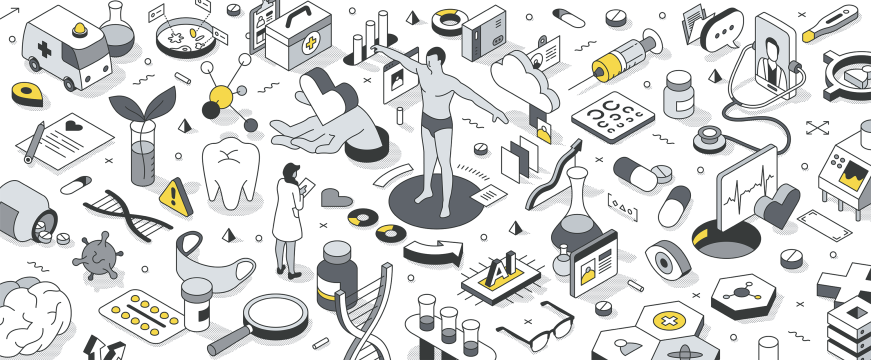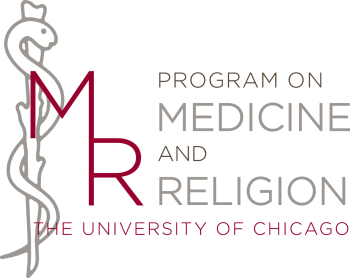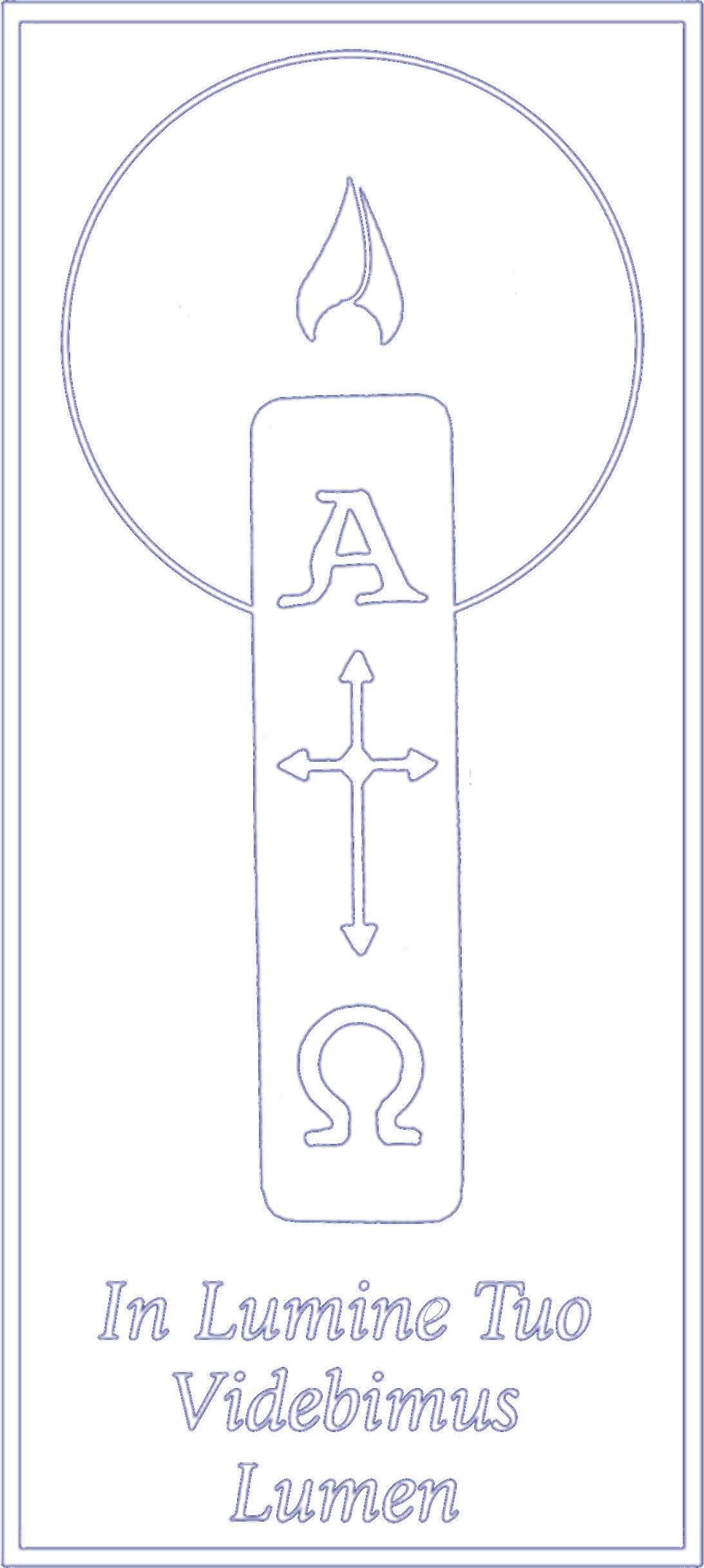The Quandaries of Biotechnology: Theory and Practice

Paul ScherzUniversity of Virginia
Silvianne AsprayUniversity of Cambridge
Kyle E. KarchesSaint Louis University
Stephen C. MeredithUniversity of Chicago
Lesley RicePontifical John Paul II Institute
This event is free and open to the public. This event is cosponsored by The Program on Medicine and Religion at the University of Chicago, and The Albert Gnaegi Center for Health Care Ethics at Saint Louis University. For more information, contact info@lumenchristi.org.
How are new developments between biotechnology and big data including gene editing, brain-computer interfacing, and artificial intelligence changing our vision of what it means to be human? How does this bear in the ethical practices of medicine and research at the lab bench and at the bedside? How might an integrative vision of ethics contribute to this conversation? Are there alternative social imaginaries in which we can think about different technologies?
In this day-long spring symposium, scholars from the University of Chicago and the Chicagoland area are invited to discuss how biotechnology is shaping anthropology and whether the application of new biomedical technologies reflects an adequate understanding of human personhood.
This event is open to the public and seeks to engage particularly with current students, faculty, and medical practitioners interested in the intersection between science, medicine, technology, and theology. Publication of this program's proceedings is a possibility. Participants are invited to return for a second symposium in fall 2024 on biotechnology and artificial intelligence.
Schedule
1:00 - 2:30 PM CT – Session 1
"Medicine Within the Technological Enframing" – Kyle Karches (Saint Louis University)
"The Grand Inquisitor, Mustapha Mond, and the Attack on the Transcendentals" – Stephen Meredith (University of Chicago)
Q&A, Moderated by Jeffrey Bishop (Saint Louis University)
3:00 - 4:30 PM CT – Session 2
"Our Biotechnologies, Ourselves: Reflections on Innovation, Identity, and Culture" – Lesley Rice (Pontifical John Paul II Institute)
"Beyond Ethics: A Humanities Perspective on (Bio)technology" – Silvianne Aspray (Cambridge University)
Q&A, Moderated by Jeffrey Bishop (Saint Louis University)
5:00 - 6:00 PM CT – Keynote Lecture
"Populations, Persons, and Precision Medicine: The Ethics of Emerging Information Technologies in Genetics and Medicine" – Paul Scherz (University of Virginia)
You can view abstracts and presenter details here
This event is made possible through the support of ‘In Lumine: Supporting the Catholic Intellectual Tradition on Campuses Nationwide’ (Grant #62372) from the John Templeton Foundation.
Paul Scherz is an Associate Professor at the University of Virginia. His main area of study is the intersection of religious ethics with science, technology, and medicine. He also researched the influence of the Stoic tradition of virtue ethics on Christian ethics, especially Catholic moral theology. His first book, Science and Christian Ethics (Cambridge, 2019) used virtue theory as a lens to examine the moral formation of scientists in light of the contemporary replication crisis in science. His most recent book, Tomorrow’s Troubles: Risk, Anxiety, and Prudence in an Age of Algorithmic Governance (Georgetown, 2022), examines the role that quantitative risk analysis plays in contemporary practical reason and social practice in areas such as direct-to-consumer genetic testing, risk-reducing medications, the use of algorithms in social media, and contemporary governance. He compares these attempts to control future dangers with classical understandings of prudence and Christian calls to avoid excessive anxiety over the future.
He has also written on many topics in bioethics, such as human enhancement, genetic technology, and end of life ethics, with this latter interest leading to a volume co-edited with Joseph Davis on The Evening of Life: The Challenges of Aging and Dying Well (Notre Dame, 2020). He is currently working on projects on the ethics of the use of artificial intelligence in medicine and a book on the ethics of precision medicine.
Silvianne Aspray (PhD, University of Cambridge) works at the intersection of theology and the history of ideas. Her research, currently funded by the British Academy, concerns the origins and genesis of modernity, and the role of Christianity therein.
Kyle E. Karches is Associate Professor of Internal Medicine and Health Care Ethics at Saint Louis University. He holds an MD from the University of Chicago and an interdisciplinary PhD in Health Care Ethics from Saint Louis University. He practices primary care and hospital medicine.
Stephen C. Meredith is Professor in the Departments of Pathology, Neurology, and Biochemistry and Molecular Biology at the University of Chicago, where he also teaches courses on literature, philosophy, and theology. He works on the biophysics of protein structure, concentrating on amyloid proteins associated with neurodegenerative diseases. He also teaches courses in the College on James Joyce’s Ulysses, St. Thomas Aquinas, Augustine’s City of God, and other authors, particularly Dostoevsky and Thomas Mann. His main theological interest is in the problem of evil, and in this connection, he is currently completing a book on the philosophical and literary perspectives on disease, titled Disease and the Problem of Evil. His current interests also center on the impact of biotechnology and the genetic revolution on the definition of human nature.
Lesley Rice is Assistant Professor of Bioethics at the Pontifical John Paul II Institute, where she also received her doctorate in theology with a dissertation on contemporary Catholic thought concerning biotechnology and the beginning of life. Her research concerns the history and philosophy of biology, the character of biological knowing, and the cultural and anthropological significance of biotechnologies. Her work has been published in Communio: International Catholic Review, Anthropotes: Rivista di Studi sulla Persona e la Famiglia, and Humanum: Issues in Family, Culture & Science.







